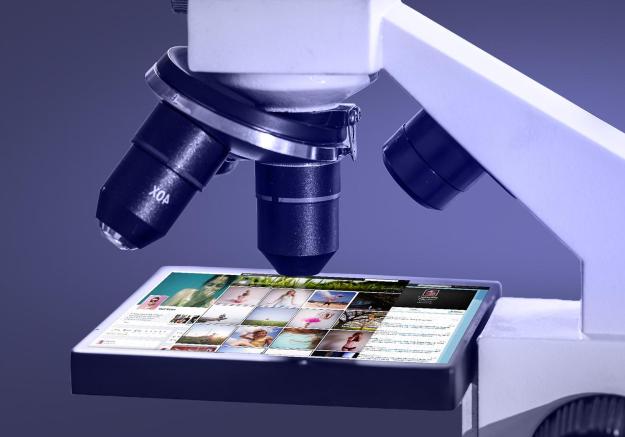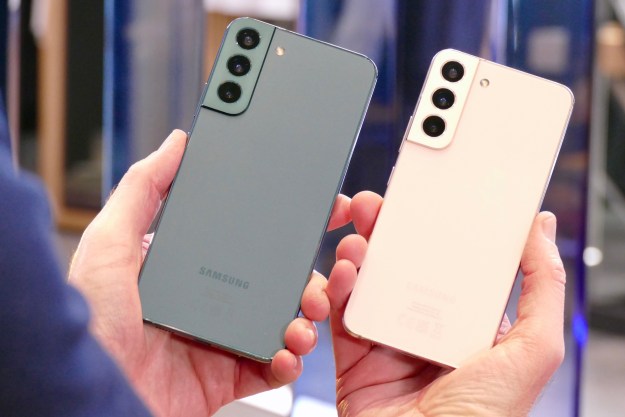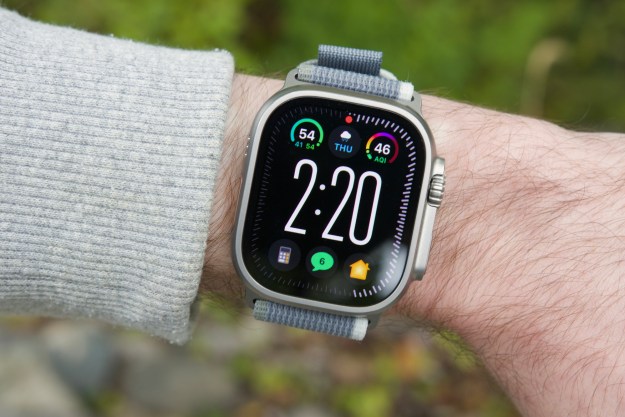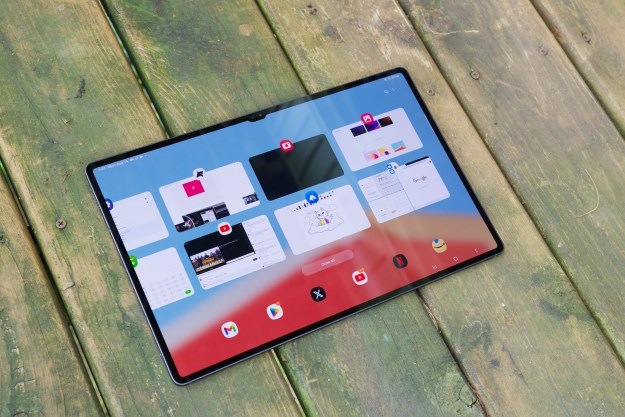
In the days since the NSA surveillance revelations provided by 29-year-old whistleblower Edward Snowden, we Internet users have had the opportunity to see firsthand what life without privacy means.
I’m not talking about what the NSA is doing – the jury is still out on those details, and could very well remain there in perpetuity. No, I’m talking about the collective mission to uncover every detail about Snowden and his girlfriend’s online lives. Though you may not be planning to leak any state secrets, this is still a problem for which we all need to prepare in an age where celebrity can come unexpectedly – and unwillingly.
Were you hungry when you said that? Drunk? Happy? Suicidal? Perhaps you were just having a weird day.
Wisely, Snowden seems to have deleted most, if not all, of his other online accounts. Snowden’s girlfriend, Lindsay Mills, was not so lucky. An attractive young woman, a dancer, Mills now appears across the Web. Her blog posts parsed for details. Her Instagram photos poured over by more strangers than she likely ever thought possible. Her Twitter account, which remains online, now has over 1,000 followers.
To delete or not to delete. That is the question.
— Lsjourney (@lsjourneys) June 10, 2013
Snowden summed up his feelings during his Q&A on the Guardian Monday, “Unfortunately, the mainstream media now seems far more interested in what I said when I was 17 or what my girlfriend looks like rather than, say, the largest program of suspicionless surveillance in human history.”
This is what happens when you jump – or get thrust – into the public spotlight. But, you may be saying, of course it is. Of course, we want to know more about the man who just threw the most powerful nation on earth into panic mode. Of course we want to uncover any clues we can about who Snowden is as a person, pull out strands of his character, and delve into his love life to see if anything piques our interest. Of course.
The trouble with scouring someone’s online activities is that it provides an entirely incomplete picture of the very thing we seek to discover: Who is Person X? Online postings, from cryptic tweets to Instagram photos, lack almost all context. They say nothing about how your emotional state at the moment you make the reveal. Were you hungry when you said that? Drunk? Happy? Suicidal? Perhaps you were just having a weird day. Perhaps your cat just died. We might know some of these answers, but it’s impossible to know everything. And, as they say, the devils and saints are in the details.
Anyone who has said or posted anything online is susceptible to the harsh reality that the self we put online is incomplete.
On top of a lack of context, most of us have probably said things we shouldn’t have said: an off-color joke, an opinion that lacked any substance, a fleeting spark of meanness. For those kinds of posts, context matters too, but the absence of evidence revealing who you really are makes whatever mistake they may have been that much worse, that much more dangerous.
When friends ask me my advice for how to protect their privacy online, I generally boil it down to one key point: Never post anything online that you wouldn’t be willing for the whole world to know. But Snowden’s and Mills’ current predicament made me realize that even that isn’t enough. We are all now in the position of having to curate not just one comment or Facebook status update, but all of them put together – because that’s the only context that may exist, the only chance we have at saving ourselves from those who seek to judge us later.
In the end, anyone who has said or posted anything online is susceptible to the harsh reality that the self we put online is incomplete – and it this fractioned-self that will be thrust under the harsh spotlight. The question is, will you be ready should fate ever come knocking?


